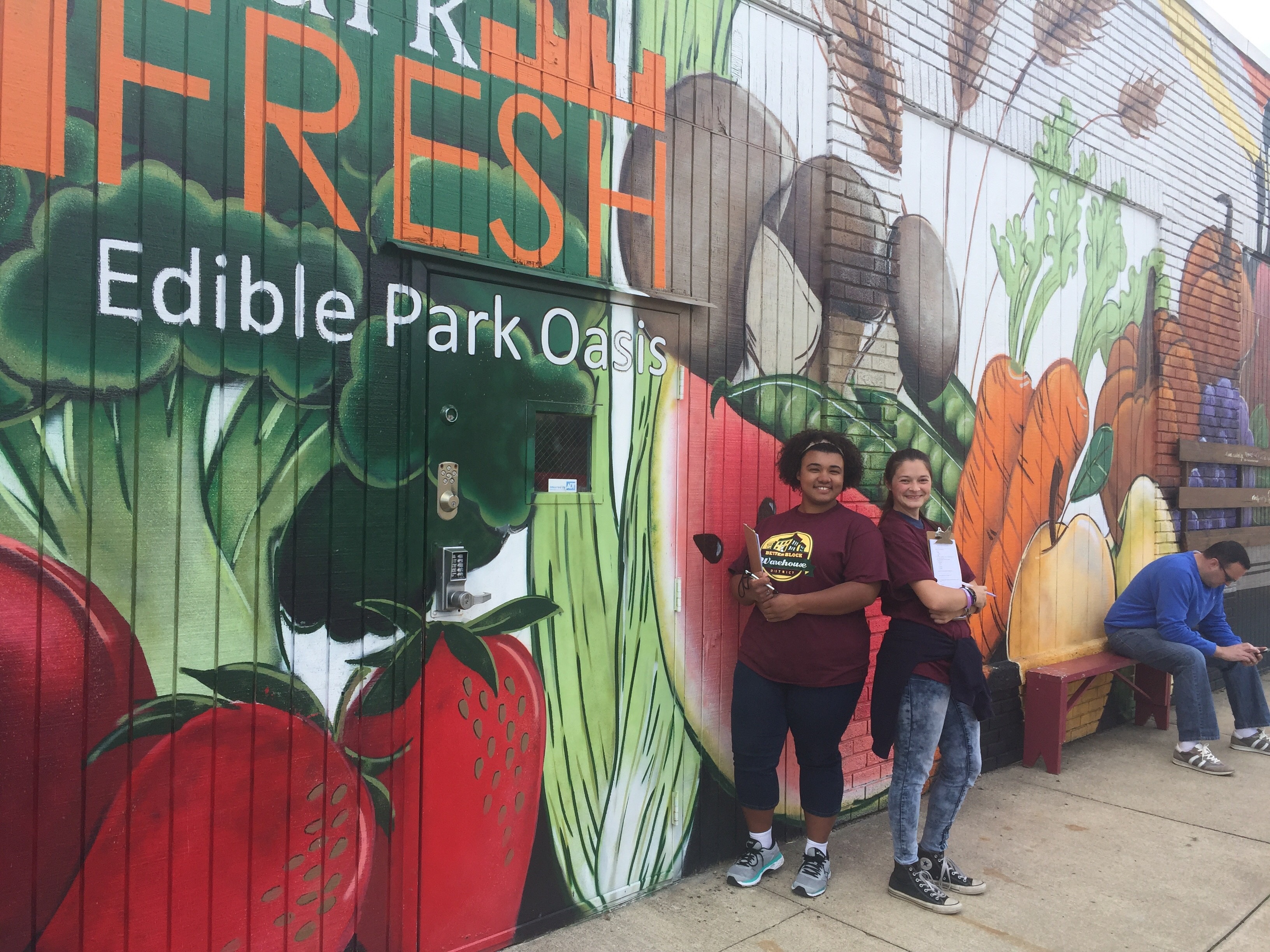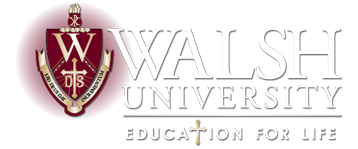Empowering Change-Makers for our Community
 In collaboration with Walsh faculty and local partners, the Office of Service-Learning equips and supports students to positively impact their communities and become educated change-makers and leaders in service.
In collaboration with Walsh faculty and local partners, the Office of Service-Learning equips and supports students to positively impact their communities and become educated change-makers and leaders in service.
Walsh University is dedicated to educating its students to become leaders in service to others. The Office of Service-Learning furthers this commitment by connecting Walsh University students to the local and global community, enabling them to learn and work alongside partners through Service-learning courses, immersion programs, global service experiences, leadership opportunities, and regular community service to others.
Office of Service-Learning Mission Statement
The Office of Service Learning's mission is to facilitate mutually beneficial service learning opportunities among Walsh and the local community. This is accomplished by supporting faculty as they develop and incorporate service-learning into courses and by understanding community needs via established relationships with local organizations.
What is Service-Learning?
Service-Learning is a form of experiential learning integrated into students’ academic curriculum that consists of community-based service projects that meet the needs of the community, paired with structured preparation and student reflection. Service-Learning enhances what is taught in class by extending learning into the community.
How is Service-Learning Incorporated at Walsh?
All Walsh students have the opportunity to participate in a service-learning course as part of their general education curriculum. Since 2005, Walsh University has aligned student learning with the mission of service to the community by offering high-quality academic experiences that partner students with organizations in Canton and the surrounding area.
 Students
Students
Service-learning is a form of experiential education that deepens learning. Service-learning provides enhanced opportunities for learning, as well as personal and social skill development. With service-learning, students gain increased knowledge of academic materials, their communities, and themselves.
Faculty and the University
Faculty can engage in this high impact practice to enhance the quality of their teaching and find opportunities for research and outlets for professional expertise through service-learning. Service-learning supports the civic engagement mission of colleges and universities and improves relationships with the local community.
Community
Community partners are integral to creating service-learning opportunities. Community partners are seen as co-educators by partnering with faculty and students through service-learning courses. Working together through service-learning allows the university and partners to access additional resources and support.
How is Service-Learning Unique?
- Service-learning is not the same as community service — rather, it is the application of academic theory to community involvement, and vice-versa.
- Service-learning differs from internships because the primary beneficiary of internships and fieldwork is the student and the main focus is learning and gaining practical experience in a potential career field.
- The reflection component of service-learning transforms the experience into learning as well as adds a dimension of personal growth to service-learning.
- Ideal service-learning seamlessly incorporates and integrates coursework with assignments and service, so the service does not exist as an add-on or separate experience.
- “Service, combined with learning adds value to each and transforms both” (Porter-Honnet & Poulsen, 1990, p. 40)
Michael Cinson - Director of Global Learning and Service-Learning

Phone: 330.244.4969
Email: [email protected]
